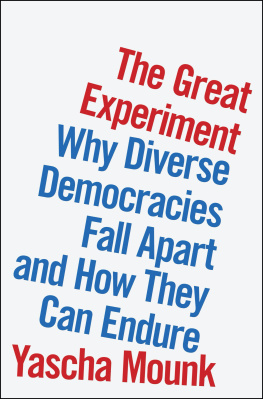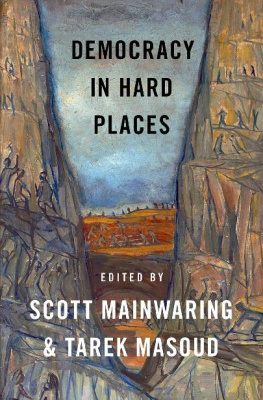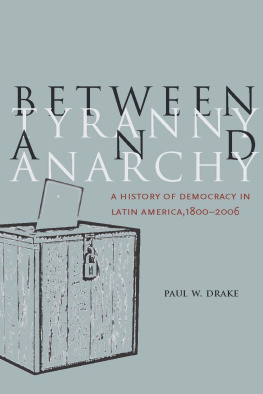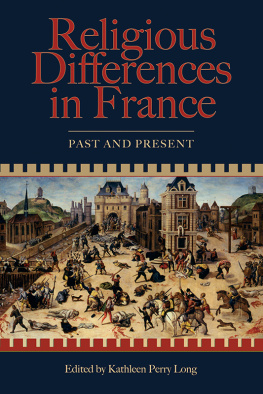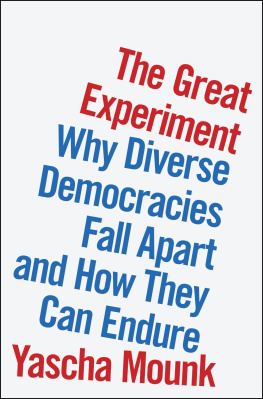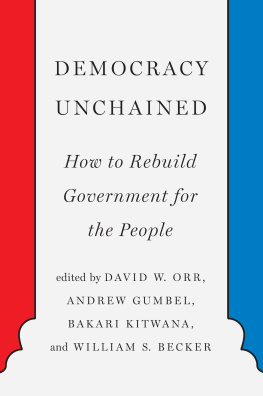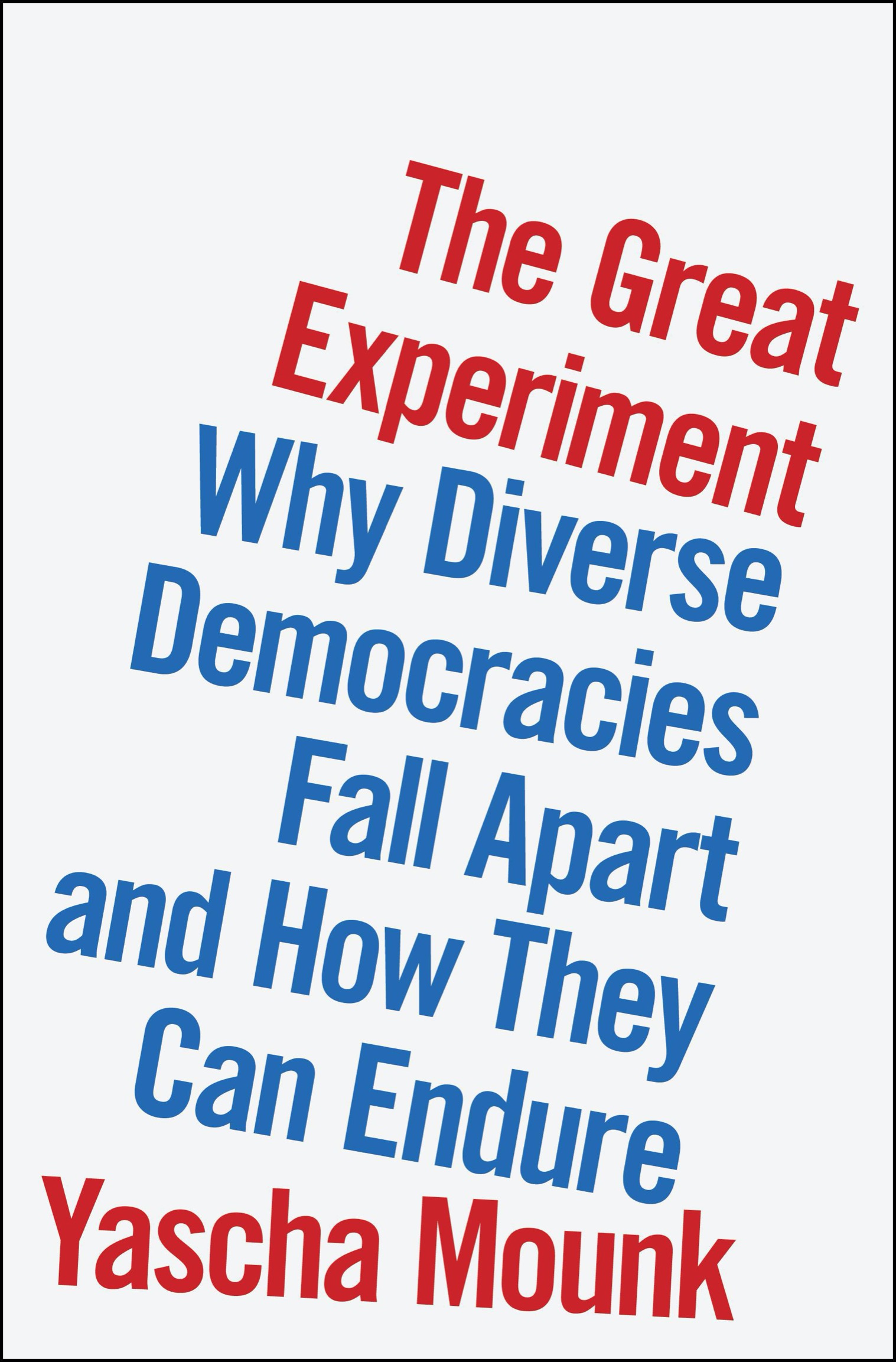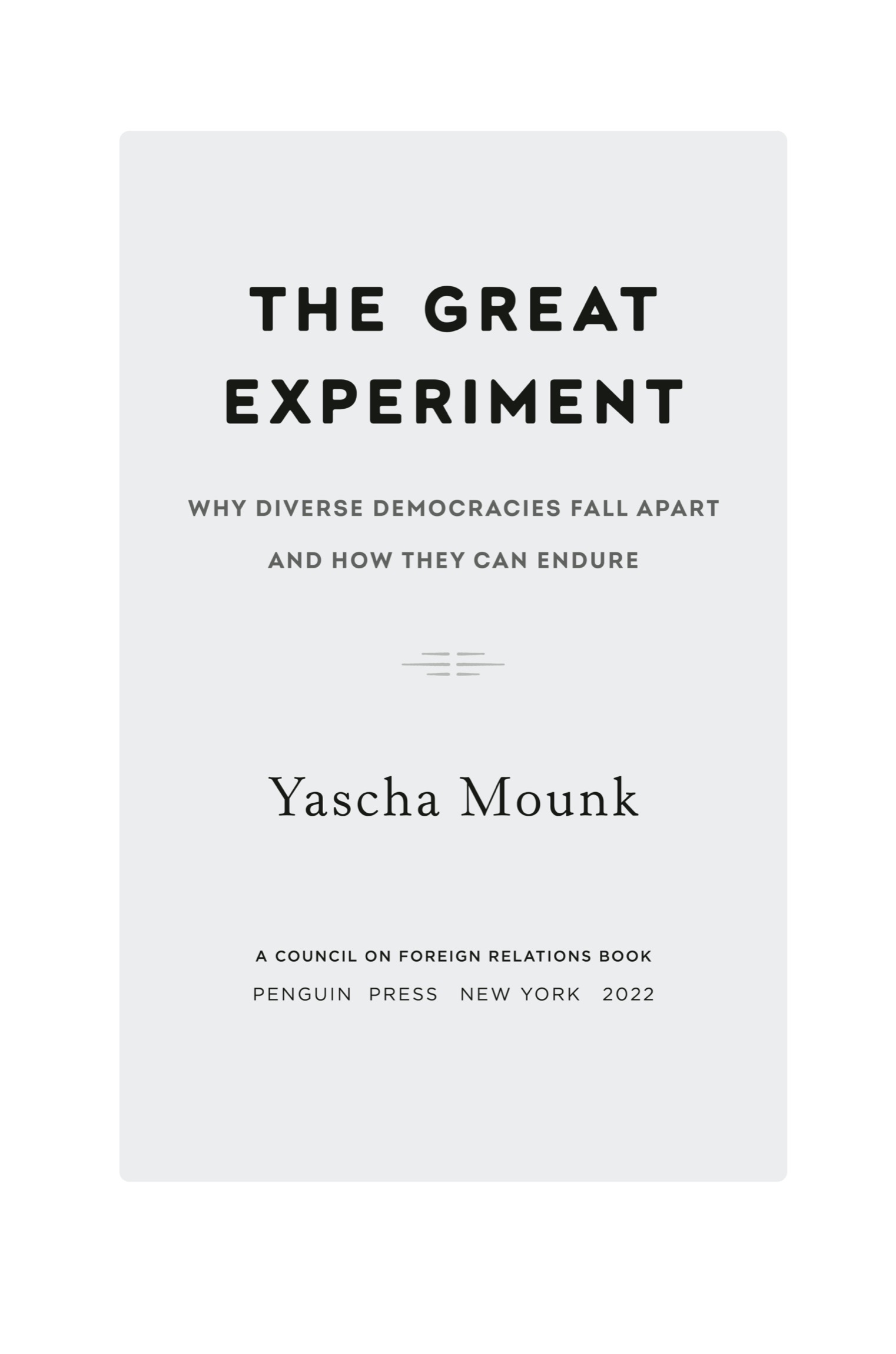INTRODUCTION
A moment before the show went live, I realized how nervous I was.
German is my mother tongue. But after going to college in Britain and grad school in America, I am now more comfortable talking about politics in English. So when I sat down for a live interview with Tagesthemen, one of the most popular news programs in Germany, I was afraid that I might make a fool of myself by sounding incoherent or saying something I didnt really mean.
When the host set me up to talk about some of the main arguments in my latest bookWhat, she asked, are the causes for the recent rise of authoritarian populism?I started to find my groove. Little by little, my nerves steadied.
There is widespread anger at economic stagnation, I said. There is the rise of social media, which makes it easier for demagogues to reach a big audience by spreading lies and inciting hatred. And then there is a third reason, one that is particularly pertinent in a country still grappling with the recent arrival of a million refugees from Africa and the Middle East.
We are, I told the host, embarking on a historically unique experimentthat of turning a monoethnic and monocultural democracy into a multiethnic one. That can work. I think it will work. But of course it also causes all kinds of disruptions.
After the interview, a wave of relief washed over me. My German had mostly sounded natural. I had managed to get across some of the core arguments from my book. Most important, I had not done anything crazy or embarrassing. The worst outcome of any live interviewthat you inadvertently go viralhad not, I thought, materialized.
I headed to the railway station with a big smile. With not a minute to spare, I caught a train to Frankfurt, checked into an airport hotel, and fell into a deep sleep.
Only when I switched on my phone the next evening, after a ten-hour flight back to the United States, did I realize that the interview had gone viral after all. My inbox was overflowing with angry messages: Stop telling us how to live!! one said. How dare you experiment on us?! another asked. Thanks for admitting to your vile conspiracy, a third read.
I was taken aback by how vitriolic these messages were. But I was even more baffled by their content. To what conspiracy had I admitted? Who was I supposedly experimenting on?
A search of the internet quickly supplied the answer. A few minutes after my interview, Tichys Einblick, a far-right website, had posted an article implying that Angela Merkel and I were deliberately experimenting on the German people. Who agreed to this experiment? its author demanded to know.
From this short post, the rage at my supposed admission had spread with astonishing speed. Far-right radio hosts, YouTubers, even elected politicians were citing the interview as proof that nefarious forces were undertaking a great replacement designed to annihilate Europes native population.
Finally, the word reached The Daily Stormer, an American neo-Nazi website. Putting my name in triple brackets to indicate that I am Jewish, the headline warned readers about (((Yascha Mounk)))s Unique Historical Experiment. Invoking Arbeit Macht Frei , the perfidious inscription on the gate to the Auschwitz extermination camp, the article was tagged: Diversity Macht FreiThe Hebrew People Are at It Again.
In one sense, my fifteen minutes of fame among the far right and the five minutes of hate they elicited are based on a straightforward misunderstanding. To state the obvious, Angela Merkel and I are not in cahoots to run some grand experiment on the German people. Nobody is. The rapid change in the ethnic and religious composition of countries from Germany to Sweden, and from Australia to the United States, does not stem from the deliberate preferences of some secret cabal; it is the oft-unintended consequence of a series of choices that politicians have made for a variety of economic, political, and humanitarian reasons.

